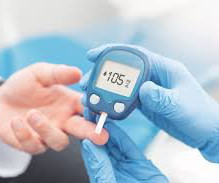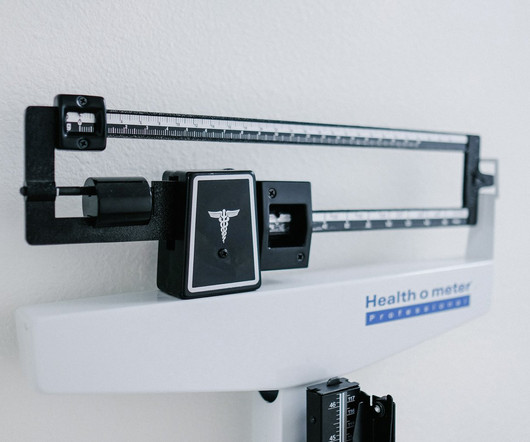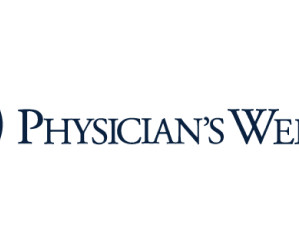10 Tips to Find the Best Diabetes Doctor for Type 2 Diabetes
Dr. Zaar
JUNE 1, 2025
Managing Type 2 diabetes requires more than just medication—it demands a long-term partnership with a skilled healthcare provider who understands your individual needs. Choosing the right diabetes doctor can make a major difference in how effectively your condition is managed, your quality of life, and your long-term health outcomes.

























Let's personalize your content